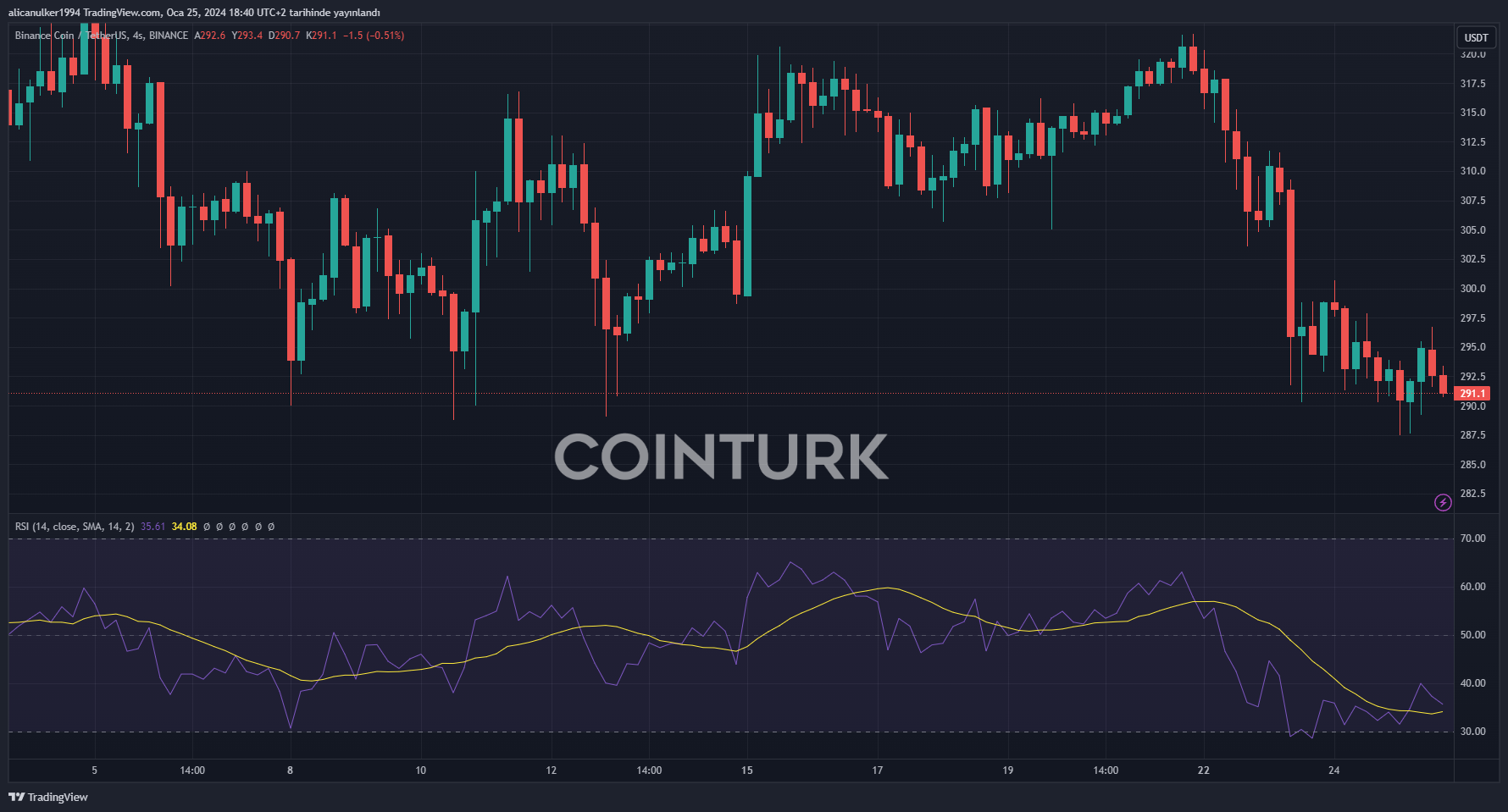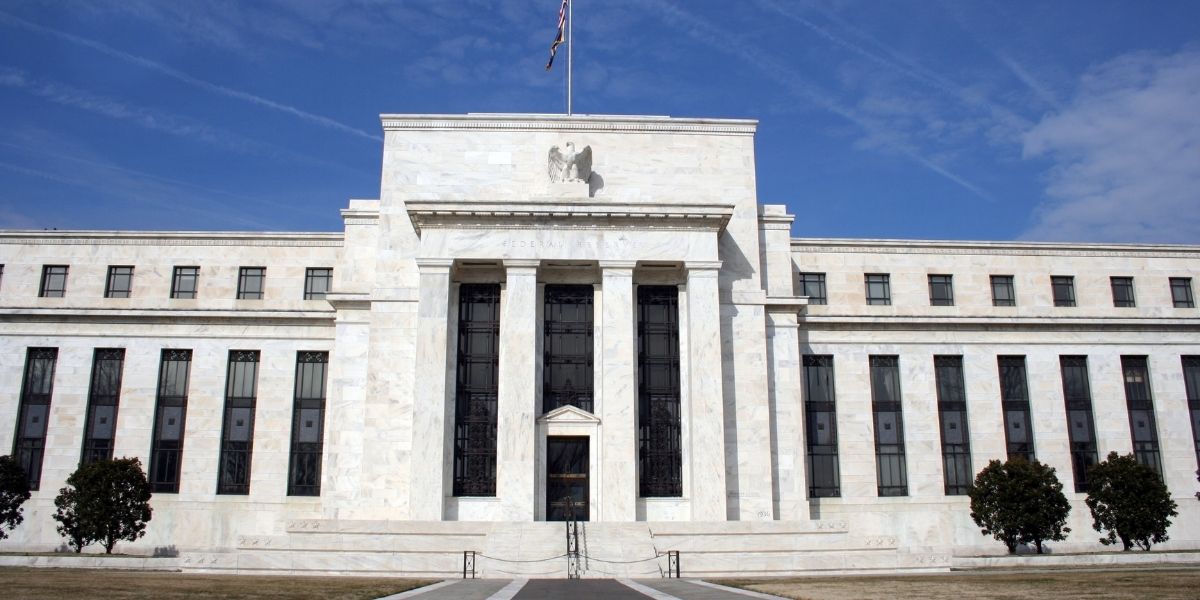Recent court documents have shed light on the difficulties faced by Binance‘s (BNB) former CEO Changpeng Zhao in his battle with US institutions. Despite the challenging situation Zhao is in, the exchange’s native token BNB continues to maintain its strong stance. The new CEO’s decisions and steps towards working in collaboration with regulatory authorities are believed to have an impact on BNB’s resilience.
The Latest on CZ
The latest court documents show that former Binance CEO Changpeng Zhao’s request to travel outside the US was denied for the third time. Zhao’s lawyers had requested permission for him to travel to the United Arab Emirates due to the surgery and hospitalization of a close business associate. However, some details in the documents were not disclosed due to confidentiality reasons.
Another notable event in the court documents was Zhao’s offer to secure his return by offering Binance’s equity. Legal officials examining the company calculated the equity at $4.5 billion, considering Binance’s last fundraising round conducted about two years ago.
Despite this significant offer, the judge denied the request, citing concerns about Zhao being a flight risk. The judge explained the factors influencing his decision, pointing to Zhao’s wealth, his family living in the UAE, and his prominent position in the country.
While CZ is facing these difficulties, Binance’s native token BNB is also battling its own challenges. However, this situation is thought to be developing independently of Zhao.
BNB Coin Comments
Although it is thought that the recent news about CZ has affected BNB’s price drop, the current price performance of BNB suggests that the downturn is actually in line with the rest of the market.
In the last four days, BNB has seen a decline parallel to the general market, resulting in a loss of over 8%. At the time of writing, it was trading just above $290, with a decrease of 0.33%.
On the other hand, the Relative Strength Index (RSI), a key indicator closely monitored by investors, was at 35.61, indicating that sellers still have dominant control over the market.


 Türkçe
Türkçe Español
Español









